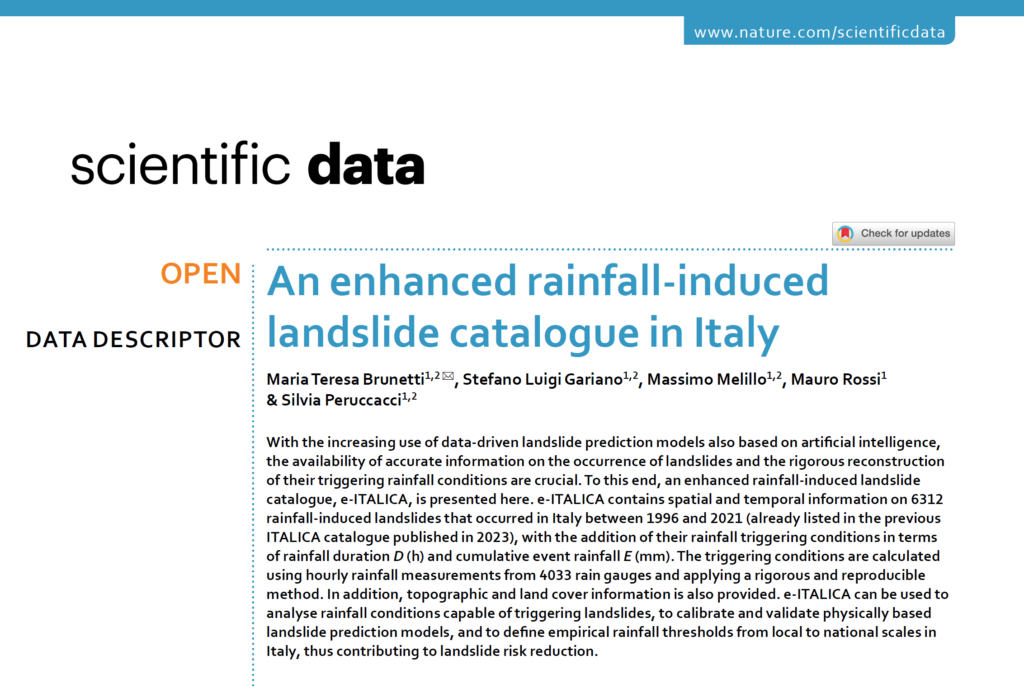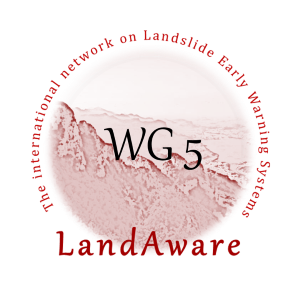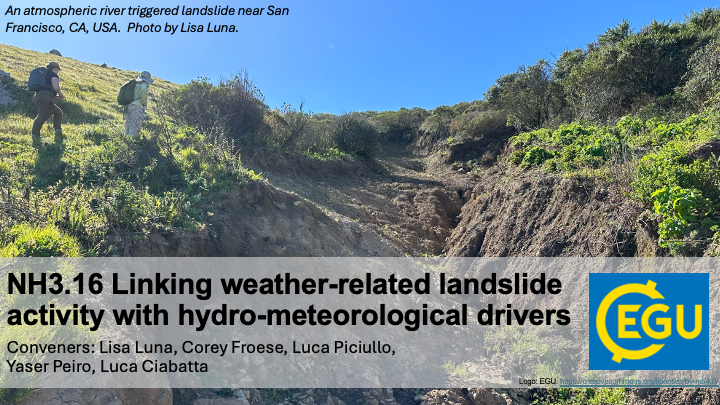LARAM is an International School on “LAndslide Risk Assessment and Mitigation” of the University of Salerno. The School is held annually and is aimed at 40 PhD students and 10 young doctors selected every year from those working in the field of Civil Engineering, Environmental Engineering, Engineering Geology or with a similar Engineering background.

The LARAM School 2025 will be held in Salerno (Italy) from Monday 8 to Friday 19 September in person.
CANDIDATE PARTICIPANTS
The LARAM class will be composed of:
- 40 selected PhD students
- Up to 10 young doctors (PhD defended not before 2020)
Participants pay their own travel and accommodation expenses, as well as a registration fee of Euro 300 (PhD students) or 450 (young doctors).
Deadline for PhD applications and young doctor registrations: May 25, 2024
- Application of PhD students:
https://www.laram.unisa.it/school/2025/application_phd_students - Registration of young doctors
https://www.laram.unisa.it/school/2025/registration_young_doctors
SCHOOL PROGRAMME
The programme of the school will consist of 6-hour daily lectures and tutorials from Monday to Friday (details on the website). On Saturday, September 13, a field trip will be organized.
The programme is structured in the following sessions:
- S1, Introduction to landslides
- S2, Landslide risk theory
- S3, Landslide modelling
- S4, Landslide risk analysis and zoning
- S5, Landslide monitoring and mitigation
- S6, Landslide risk management and risk governance





